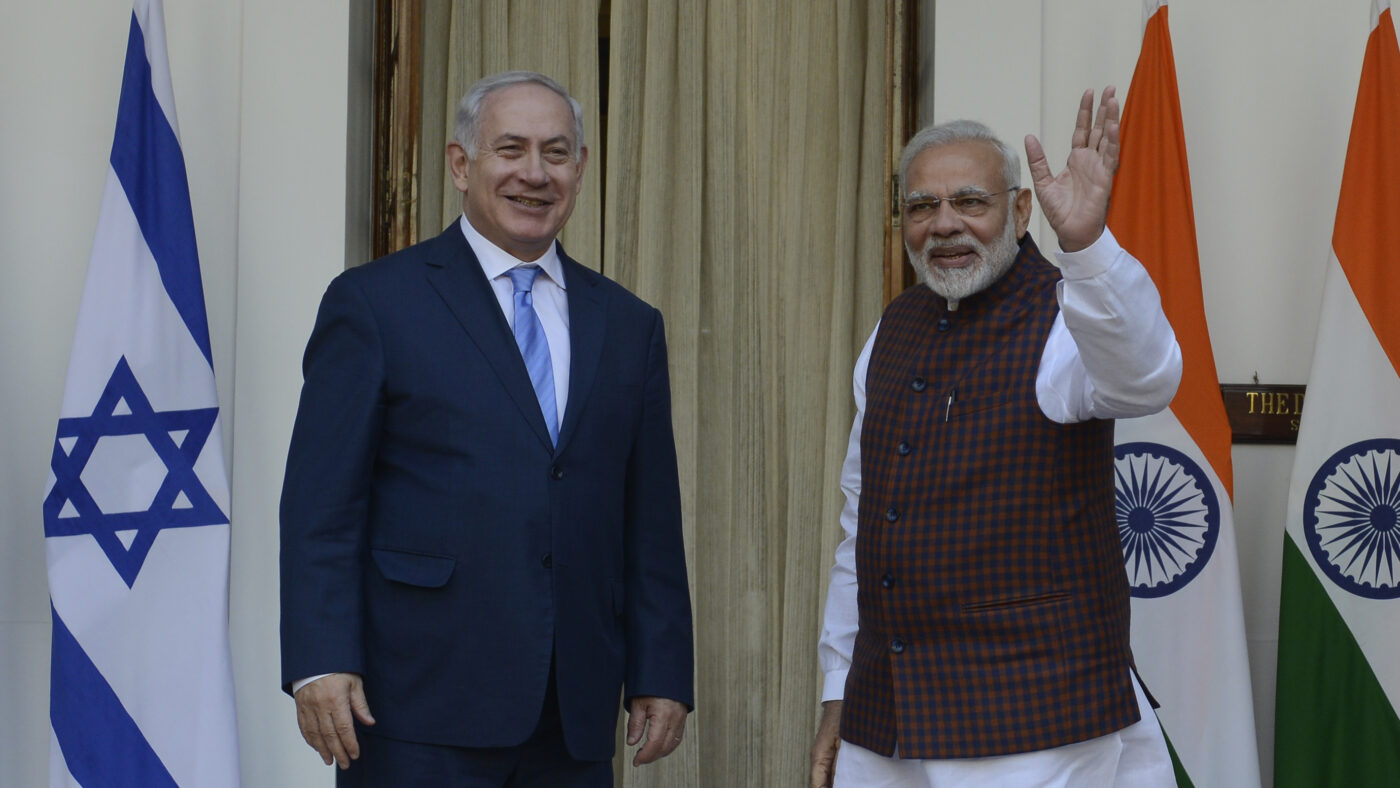If post-terror history has anything to teach us, it is that Israel is set to see a sharp economic downturn. A downturn driven by investor nerves, a hiatus in tourism, the high costs of war and a slowdown in trade. To navigate this crisis, Israel must adopt a comprehensive approach, leveraging allies, practicing diplomacy, and prioritising a humanitarian stance while maintaining an iron fist against terror. Israel would do well to learn from India and lean on her at this critical juncture.
Terror attacks often trigger severe financial repercussions, with far-reaching consequences for victim states. The 26/11 terror attacks in Mumbai, India, were followed by a decline in investors’ confidence, and several industries including the hotel and insurance sectors took a plunge post-attack. The 9/11 attacks in the US saw the New York Stock Exchange (NYSE) see a 684-point (7.1%) decline – a record single-day hit until the onset of the Covid pandemic in 2020. By the end of that week, the NYSE marked the most significant losses in its history. The Dow Jones had plummeted by nearly 1,370 points, representing a loss of over 14%. Additionally, the S&P index suffered an 11.6% decrease. Gold prices swelled from $215.50 an ounce to $287, reflecting nervous investors’ uncertainty and flight to the ‘safe options of investment’. Combined losses of over $1.4trn in value were recorded in just five trading days after the attack on September 11th.
Post October 7th, Israel’s economic trouble is well underway. Within a week of the attack, the Israeli central bank has dampened expected growth figures from 3% to 2.3%. The central bank has sold over $30bn of foreign exchange reserves to stabilise the Shekel which has now hit a ten-year low against the US Dollar. Almost all the infrastructure and construction projects in Israel have been halted. And with over 300,000 reservists being drafted for military duty, the skilled workforce has been squeezed by around 15%.
The two major contributors to the Israeli economy are tourism and technology. ‘Security concerns’ have frozen tourism, while the integrity of world-class technology, for which Israel was renowned, may now be compromised by ‘security failures’. Investor confidence is at an all-time low, and international rating agencies are even considering downgrading Israel’s creditworthiness.
This dramatic economic downturn is inevitable, yet a quick economic recovery post terror has proven possible. Post 9/11, the US proved this. Although America’s heavy-handed approach in its ‘Global War on Terrorism’ invited international criticism, it also ensured the longevity of ‘brand America’, which was pivotal in recovering market confidence.
It is India, however, that has provided the true masterclass in how to recover from terrorism. Their anti-terror military operations on foreign soil (Mynamar in 2015 and Pakistan in 2016 and 2019) demonstrate that states are capable of exercising their right to self-defense under Articles 2(4) and 51 of the UN Charter, while also meeting their commitments as a signatory to the Geneva conventions that require military action to not inflict excessive ‘collateral damage’ and thus minimize civilian casualties.
Delhi’s anti-terror strategy has not been limited to military operations, but has been accompanied by forging diplomatic channels, increased economic partnerships, and engaging with the global community to isolate the states that sponsor and provide haven to terror groups. Notably, countries that had previously maintained diplomatic proximity to these states sponsoring terrorism found themselves aligning with India’s resolute stance, further reinforcing the efficacy of this multifaceted strategy. Even after robust military operations, India achieved stability in its internal political dynamics, experienced economic growth, and fostered positive foreign relations.
Israel lacks such a comprehensive approach. Despite some diplomatic success with the UAE and Bahrain, accusations levied at Israel of collective punishment of Gazan civilians for the October 7th attack are set to irrevocably destroy new and fragile ties. India’s cordial relationships with Arab nations, including Palestine, position it as an essential intermediary.
The Indian government is already proving to be a vocal and steadfast ally, unequivocally declaring Hamas’s actions as those of a terrorist actor openly supporting Israel’s right to self-defense. Despite the onset of the current war, a substantial workforce of about 20,000 workers from India opted to remain in Israel. Israel’s recent solicitation for approximately 160,000 workers from India underscores the burgeoning and potentially robust economic relations between the two nations.
To promote ‘brand Israel’, the Middle Eastern nation must craft a sustainable and mature strategy – one that couples a genuine desire for lasting peace and decisive responses to terrorism to safeguard civilians. Israel’s military campaign shows much of the latter, but there is little talk of what is next for peace and there is mounting evidence that the fine balance between meeting military goals and protecting civilian life is not being met. By providing a platform for intermediary talks and assisting Israel weather her economic storm, India may hold the key to finding that balance.
Click here to subscribe to our daily briefing – the best pieces from CapX and across the web.
CapX depends on the generosity of its readers. If you value what we do, please consider making a donation.


